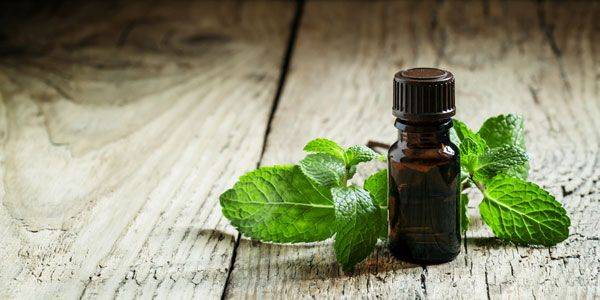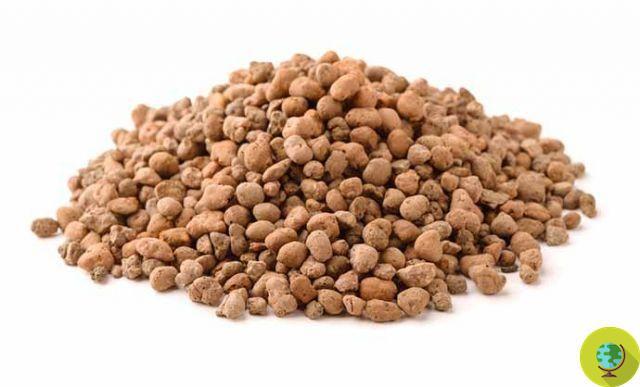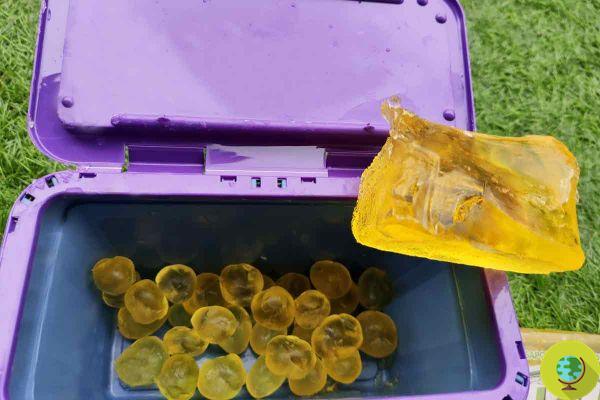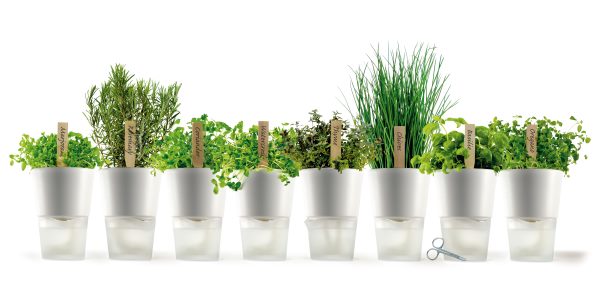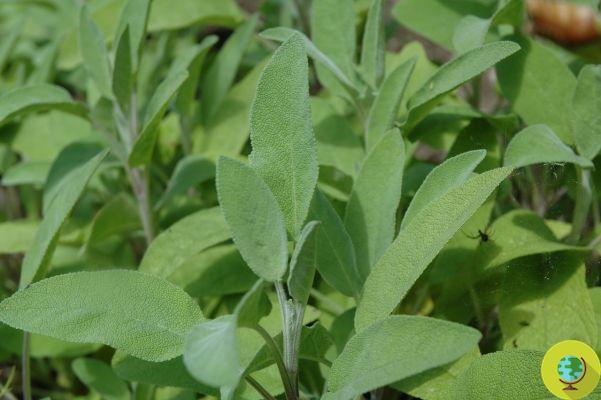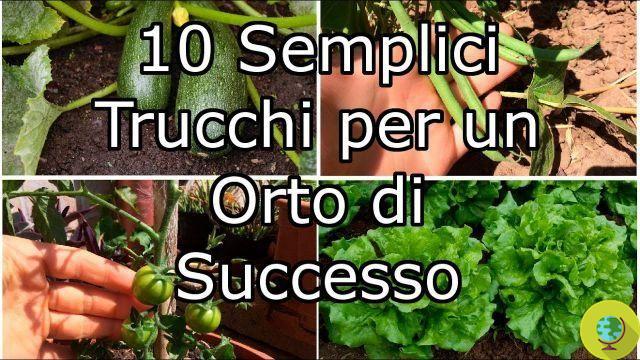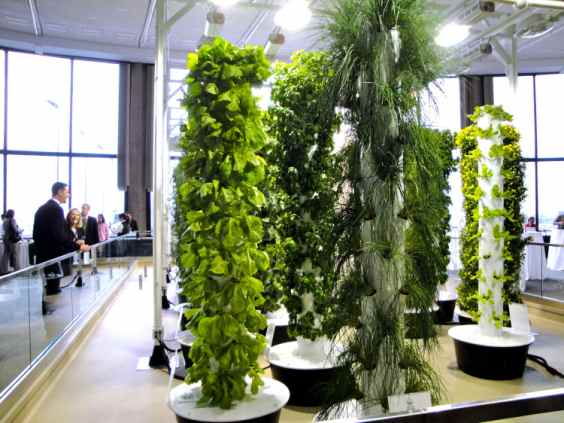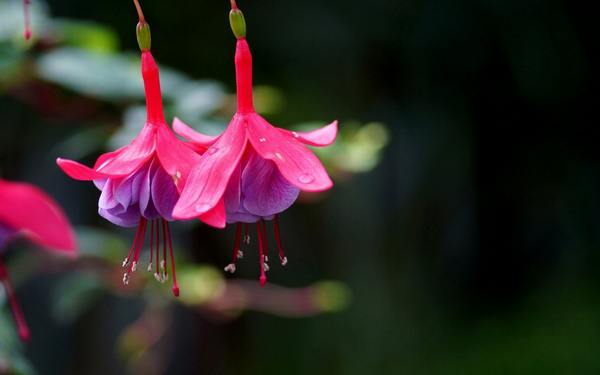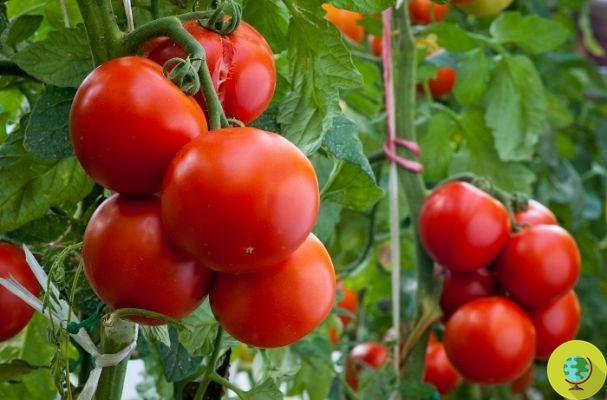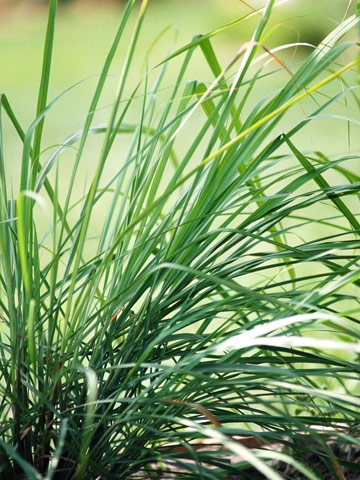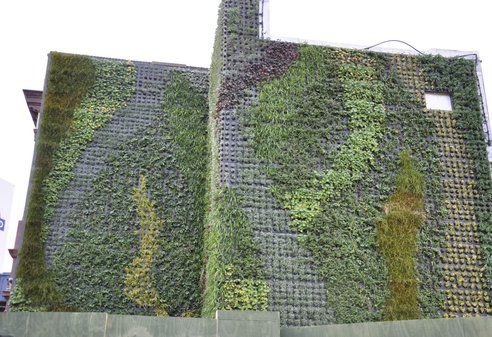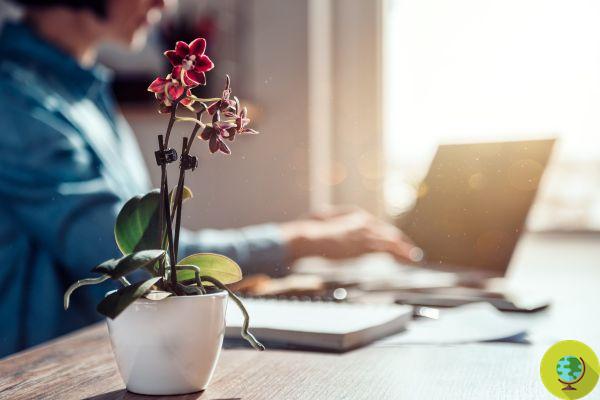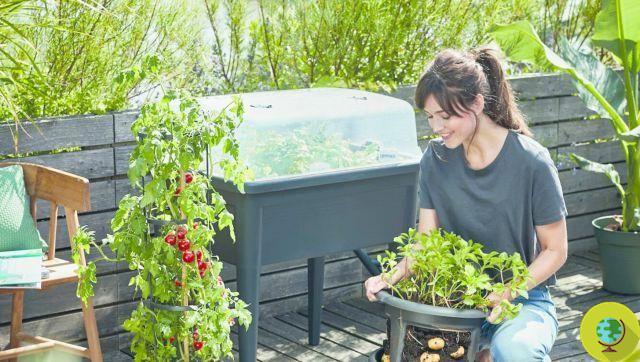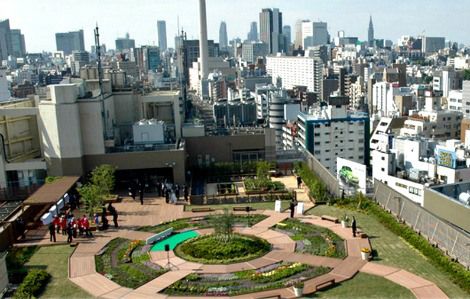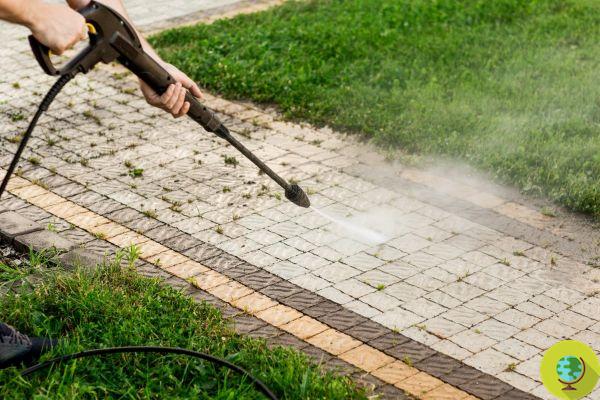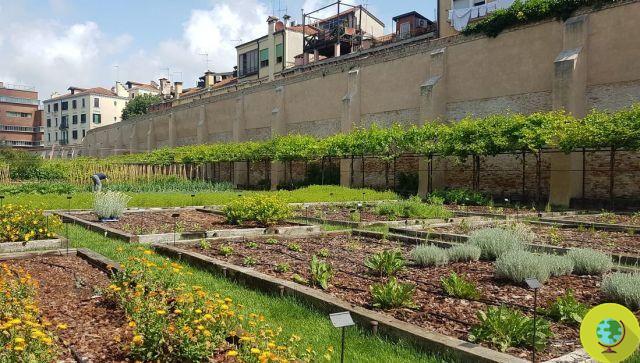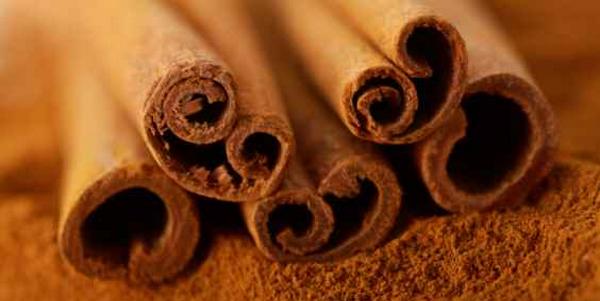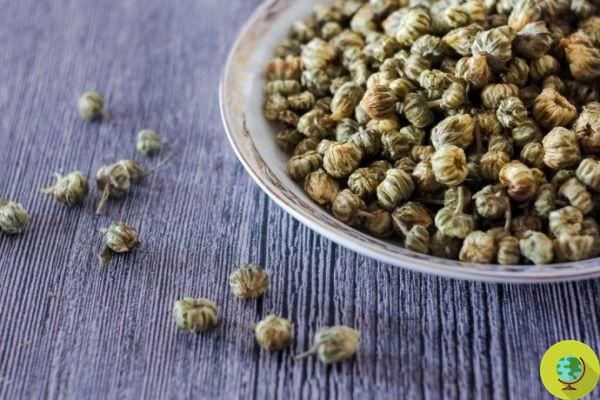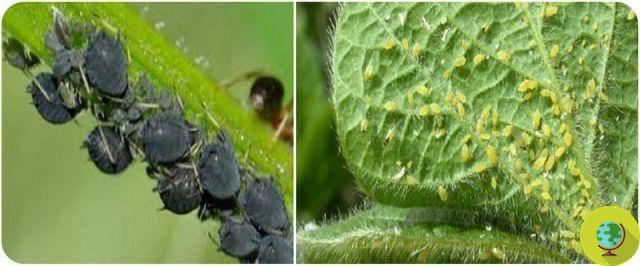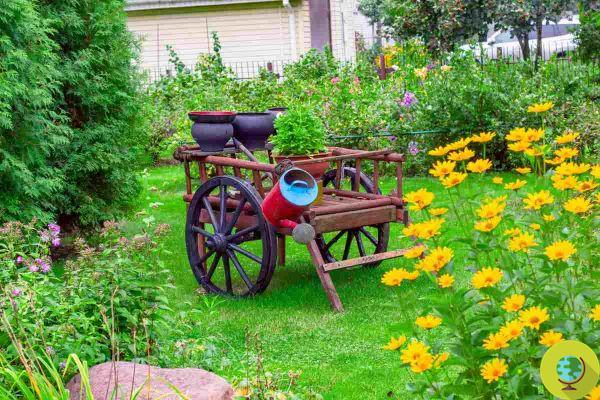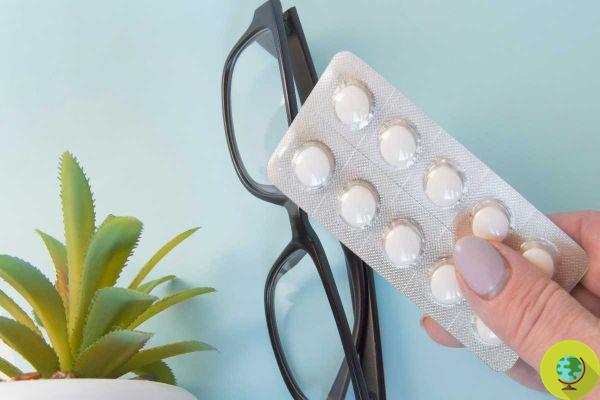Discover all the benefits of Epsom salts for plants. Here's how to use Epsom salts to grow roses, tomatoes and peppers.
He is about to end up run over, his mother saves himGardeners have been using i Epsom Hall as a fertilizer or additive for plants; but is there any evidence that they are really effective? There is currently little research to conclusively prove that i Epsom salts have benefits on plants.
In general, there is little research on homemade gardening fertilizers and pest control. However, many experienced gardeners have tested in their gardens how Epsom salts can help some plants grow better and stronger. (Read also: Natural fertilizers: what happens to your plants by adding a handful of Epsom salts to the water once a month)
Index
What are Epsom salts?
Epsom salts are natural minerals of magnesium sulfate. They were first discovered in Epsom, England, and hence they got their name; you can find cartons and packs of Epsom salt in herbalists and grocery stores, both in the laxative aisle and in the section dedicated to sports, because they are also used as muscle fatigue, or in the bathroom department.

@ Murika / 123rf
Epsom salts for plants: all the benefits
Epsom salts contain hydrated magnesium sulfate, two central elements for plant growth.
Lo sulfur (13%) is essential for the internal functioning of plants, but is almost never lacking in the soil, also thanks to synthetic fertilizers and acid rain.
Il magnesium (10%) can become scarce in soil, usually due to soil erosion or depletion or a pH imbalance. Some plants, such as lettuce and spinach, do not need large amounts of magnesium and grow well even in case of a deficiency; others, on the other hand, may show symptoms such ascurling of leaves and slow growth and tiring, although these symptoms can be attributed to more than one cause.
La magnesium deficiency it has even been defined as the cause of bitter tomatoes, probably because the deficiency of this mineral inhibits photosynthesis.
In general, magnesium plays a role in the strengthen the cell walls of plants, allowing them to absorb the nutrients they need. It also aids in seed germination, photosynthesis, and fruit and seed formation. (Read also: Epsom salts: 10 surprising uses to try)
Do Epsom Salts Really Help Plants Grow?
I researchers they have never been particularly impressed with the effects of Epsom salts on plants, and some think it is wrong to keep encouraging this theory.
On the other hand, gardeners argue the opposite. In fact, many of these use salts at the time of sowing as a fertilizer, although the effectiveness depends mainly on the type of soil.
Epsom salts cannot make up for an extreme magnesium deficiency, and are generally considered to be more effective in acid soils, where magnesium is not easily accessible by plants. The garden plants for which Epsom salts are most often recommended are tomatoes, peppers, and roses.
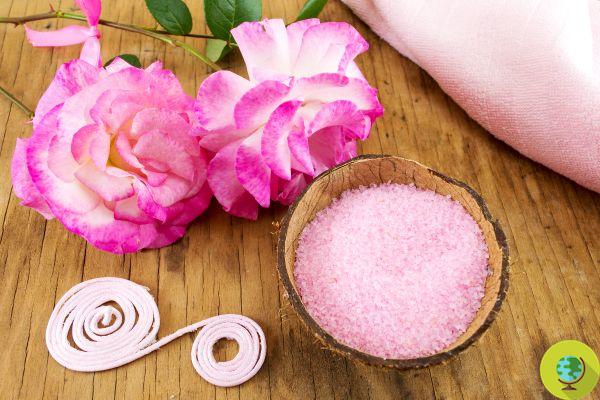
@Jianye Li/123rf
Epsom salt for roses
I rose growers, in particular, they are strong proponents of the use of Epsom salts. They claim that it not only makes the foliage greener and more lush, but it favors the production of more roses. The recommendation is to apply Epsom salt in the bushes; that's how:
- mix 1/2 cup of Epsom salts into the soil around the rose bush
- water well to dissolve everything, or dissolve 1/2 cup of salts in water and use it to water the soil around the bush.
This operation is to be done in spring, just as the buds begin to open.
For continuous rose care, mix 1 tablespoon of Epsom salts per liter of water, and apply as a spray to the leaves. You may need several liters of water for larger rose bushes and vines.
One caveat: Epsom salts sprinkled on the leaves can cause burns; therefore, it is advisable not to apply excessively, and not to spray on the hottest and sunniest days.
(Read also: Growing roses: tips and tricks to feed them with… a banana peel!)
Tomatoes and peppers
According to a search, Tomatoes and peppers can show signs of magnesium deficiency towards the end of the season, which is when the leaves begin to turn yellow between the ribs and fruit production decreases.
Here's how to use the salts:
- Mix 1 tablespoon of Epsom salts into the soil at the bottom of the plantation hole when transplanting, or mix 1 tablespoon into a quart of water and water the seedling.
- With a spray made with 1 tablespoon per liter of water, spray the solution when the plants begin to bloom and again when the fruit begins to form.
When spraying directly on the leaves, it is advisable to use a more diluted solution, mixing only 1 teaspoon of salts per liter of water; the reason? It is not known for certain whether excess salts will accumulate in the soil or flow into the water supply.
Another method of DIY gardening is to directly add only Epsom salts at the time of sowing.
On natural fertilizers could it be interesting for you:
- With a simple trick, transform banana peels into a powerful macerate that fertilizes the garden
- Natural fungicidal spray at no cost: against mold, mycosis and plant fungi, use baking soda in this way
- Prepare these amazing plant fertilizers with 5 daily scraps that you would throw away
- Natural fertilizers: 10 infusions to nourish the plants




